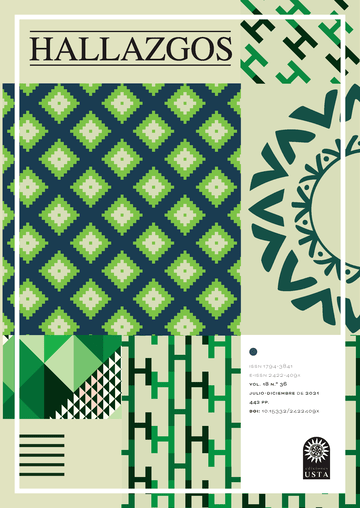El imposible más allá del cuerpo Blanco: sobre el amor, la política y la crítica descolonial
The The impossible beyond the White body: on love, politics and decolonial critique
Abstract (en)
The fundamental purpose of this article is twofold. On the one hand, to critically examine keys –meaning the “privileges”, the excesses but also the exhaustions - of the modern-colonial project, through what Houria Boutelidia calls the White body, that is, the representation of the West’s overwhelming civilizational transformation, but also, on the other hand, the anti-systemic essentialism into which much of decolonial critique has fallen. Secondly, this examination hopes to shed light on a critical and dialogical re-evaluation of love, on how trade and racial domination codes of white supremacy hold on love as an impossibility. It thus places it at the heart of a renewed decolonial revolution, which sees in antagonism - the inextinguishable conflict that follows the encounter with difference - the only possible rescue of democracy, but, above all, of a true and even paradoxical alliance between those whom the White body has brought to the limit of oppression and apparent segmentation. Ultimately, this reminds us that revolutionary love is the only one that, today helps restore the idea of free will as an inherently combative process.
Abstract (es)
El propósito fundamental de este artículo es doble. Por un lado, se trata de examinar críticamente las claves ―entiéndase, los “privilegios”, los excesos, pero también los agotamientos― del proyecto moderno-colonial a través de lo que Houria Bouteldja llama el cuerpo Blanco, es decir, la representación de la avasallante transformación civilizatoria de Occidente, pero también, en su otro extremo, del esencialismo antisitémico en el que buena parte de la crítica descolonial ha caído. En segundo lugar, este examen espera dar luces sobre una reevaluación crítica y dialógica del amor, de la imposibilidad que sobre él han hecho pesar el circuito mercantil y los códigos de dominación racial propios de la supremacía blanca. De este modo, lo ubica en el corazón de una renovada revolución descolonial, que ve en el antagonismo ―el conflicto inextinguible que le sigue al encuentro con la diferencia― el único rescate posible de la democracia, pero, sobre todo, de una verdadera e incluso paradójica, alianza entre aquellos que el cuerpo Blanco ha llevado al límite de la opresión y la aparente segmentación. Esto recuerda, por último, que el amor revolucionario es el único que, hoy por hoy, ayuda a restituir la idea de voluntad como un proceso esencialmente combativo.
How to Cite
License
Hallazgos Journal is under license Creative Commons Atribución-NoComercial-CompartirIgual 4.0 Internacional (CC BY-NC-SA 4.0)







